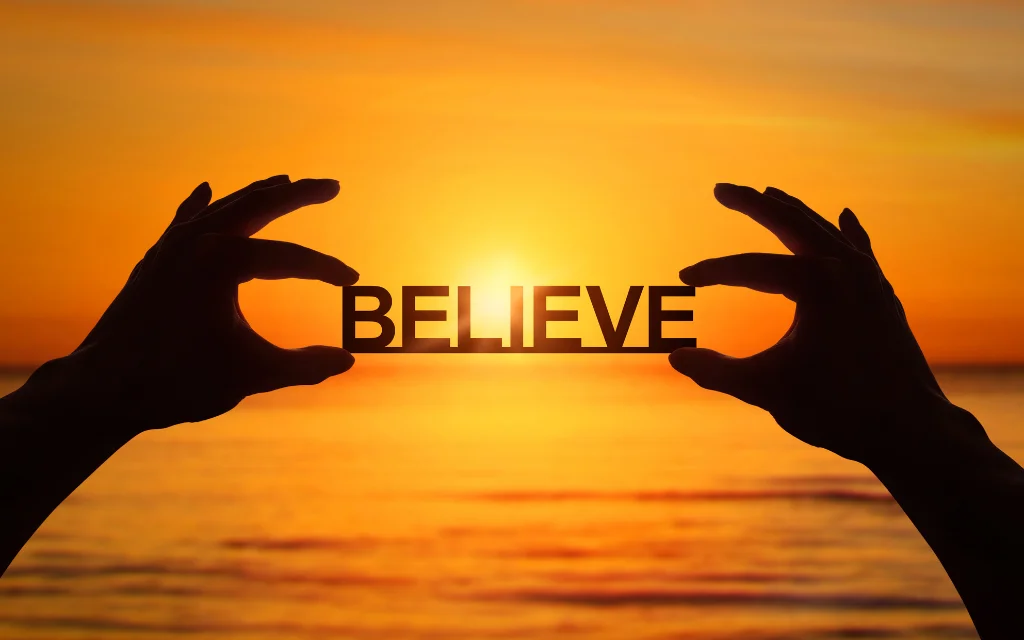People believe the original headline may have been a bit misleading, at least from my perspective.
We all experience periods of high and low levels of thankfulness, and that is just human nature. I do not think the world neatly falls into some enormous yin yang with thankful people on one side and ungrateful people on the other.
Feelings of anger, despair, and disappointment are acceptable. It is acceptable to wish that we were happier, healthier, or less lost in the world overall.
Ignoring reality or suppressing our feelings is not evolved. However, acknowledging our emotions and dwelling on them are two different things.
Being thankful more frequently than not is feasible, even though it may not be able to feel thankful all the time.
For years, the opposite was true for me, but by embracing and reaffirming the following principles, I have changed the proportion of occasions when I am thankful to those when I am not.
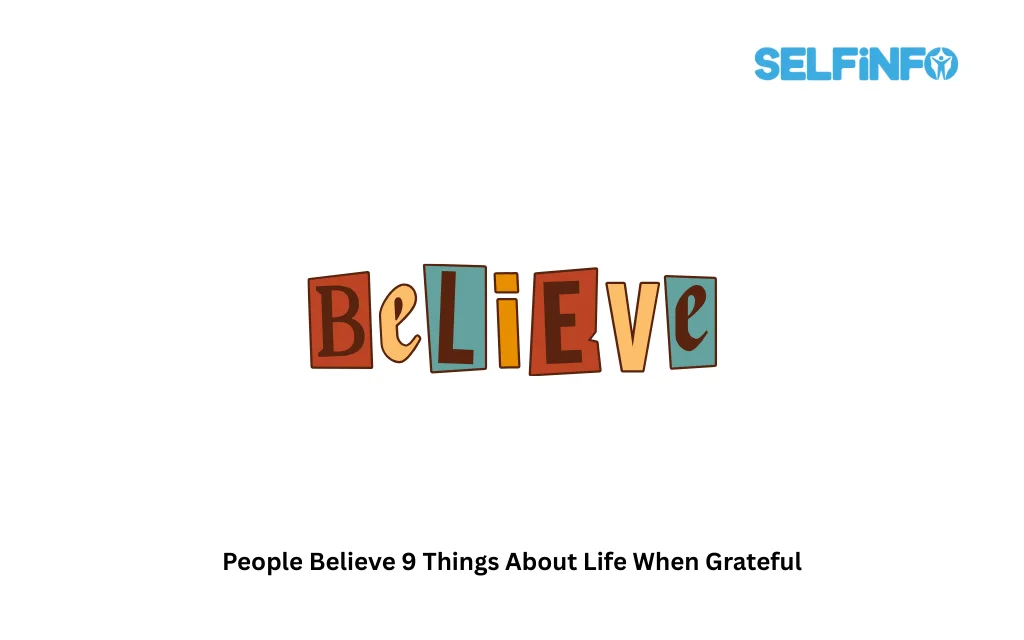
1. Everyone has something to teach or offer me.
That person who cuts you off in traffic is probably not a selfish jerk; rather, she is rushing because she is having a rough day. Yes, it is annoying, but fortunately, this is a chance to learn patience.
That guy who broke your heart is probably not a sadistic jerk who enjoyed your suffering; rather, he was a human being who felt the same pain as you and did the best he could. Yes, it was distressing, but fortunately, you learned a lot about who you are and what makes a relationship work.
I had a hard time adopting this perspective. I believed for a long time that some people were incomprehensible. And I believed that some of them entered my life like a wrecking ball and offered me nothing at all, much like Miley Cyrus.
I now realize that every broken promise, broken heart, and broken hope has taught me something. All of it has made me a stronger, smarter, and more compassionate person, and anyone who chooses to view it that way can feel the same way.
2. There’s something valuable in every challenge.
Every obstacle can present an opportunity, just as every individual can provide us with something worthwhile.
To be clear, I do not believe that everything must be viewed as a hidden blessing. Author Barbara Ehrenreich expressed her dissatisfaction in her book Bright-Sided because it implied that she should view her disease as a blessing. I can see why she had those feelings.
This relates to what I said at the beginning: there is no value in acting as though we are not surprised, depressed, and let down by the challenges we face. Ignoring our natural emotions in the midst of tragedy and grief serves no one’s interests.
However, it is possible to accept that even while some things are just plain awful, they can also lead to positive outcomes.
We all wished we had spent more time with my grandmother when she passed away a few years ago. But for my extended family, that marked the start of a new custom. Every week, my aunt, uncle, cousins, parents, and siblings gather for “family night” on the day my mother used to take my grandma out to supper.
Tragic events gave rise to this custom, which has united people.
If we are ready to look for or create it, there is a chance for benefit on the other side of loss.
3. Even if I don’t have what I want, I’m fortunate to have what I need.
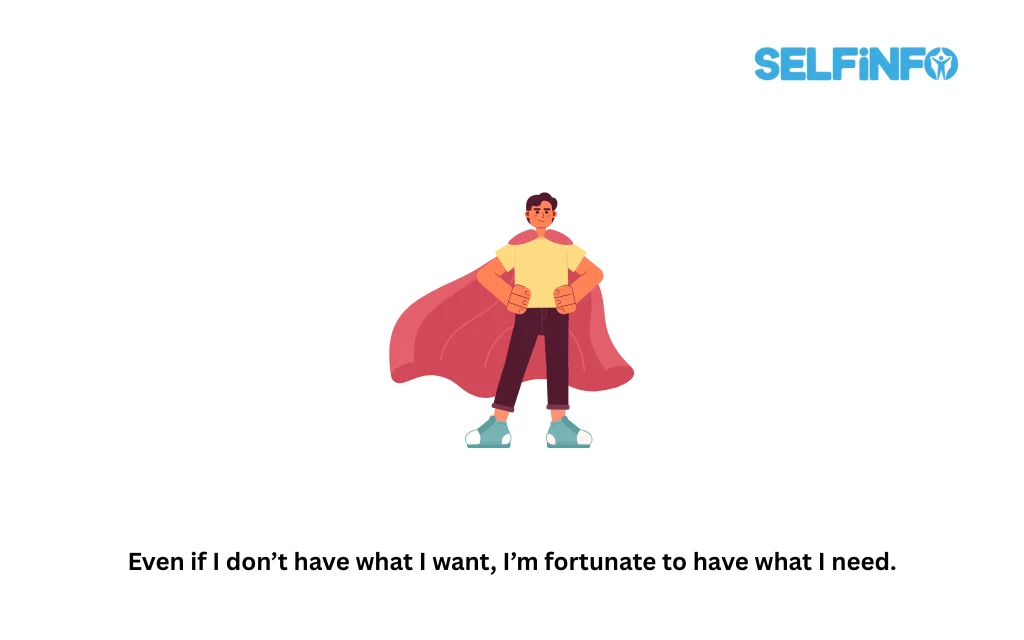
Few people are able to fulfill all of their desires. While it is true that some people may have far more than others, the great majority of us nonetheless have unmet expectations.
We have aspirations, objectives, and dreams. We desire things, opportunities, and experiences. We want life to feel a bit fuller, a little richer, and generally to feel like we are going forward rather than backward.
Nevertheless, many of us have all we need, or the majority of it, despite all the highs and lows. We have a place to call home, food to eat, people to lean on, and the freedom to pursue our goals in life.
Such things are not presumptions. You can be among the many people whose fundamental necessities are not being satisfied.
This did not always make me appreciate it because it did not seem to ease my difficulties. However, my difficulties would undoubtedly be more difficult if those demands were not addressed.
4. The “little things” are the big things.
You have probably noticed how many wonderful, touching, or enjoyable little things occur every day if you keep a gratitude diary.
I recently made the following entries in my appreciation diary:
- My new adult coloring books, which make me happy and relieve stress
- Seeing my fiancé and an old buddy at The Grove for the Christmas tree lighting (which took place prior to Thanksgiving, which I know irritates some people, but not me!)
- recognizing that there were five episodes to watch in the new season of Arrow
- Using a mindless (well, trashy) magazine while taking a hot bath
- Having a great family Thanksgiving visit and getting a cheap yet delicious burrito for lunch
- The aroma of my parents’ kitchen’s meatballs
- We do not find new jobs, marry the love of our lives, or have children or pursue passion projects every day. The majority of life’s smiles come from small, meaningful things.
5. I don’t have to have it all or do it all to be happy.
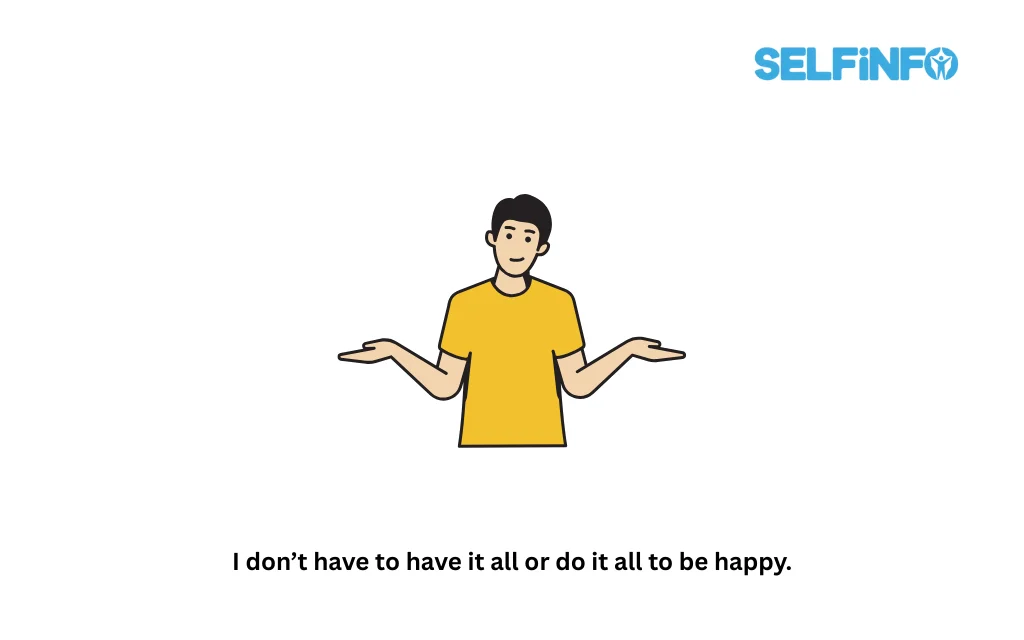
Many people, particularly in the United States, believe that we must be, have, and do everything. We must not pass up this opportunity. We must not fail. We must continue to accumulate and keep up.
Indeed, it is satisfying to mark something off our life’s to-do list, and we all enjoy giving ourselves something that catches our eye.
However, thankful individuals understand that contentment comes from embracing and appreciating what already exists and understanding that we may have a wonderful and full life even if we never have or accomplish more.
This does not imply that we should become static and give up on all of our ambitions. As I mentioned earlier, I think we do not have to give up all of our desires and aspirations in order to be decent people, even if I adore the movie It is a Wonderful Life.
But I do think there is merit in working hard, accepting the result, and realizing that life can be lovely no matter what.
6. Everyone’s blessings are different, and that’s okay.
Looking around at those who appear to be “ahead” and feeling bitter is all too easy when you are in the race to achieve more and be more. People who are grateful understand that there is no such thing as “behind” and that life is not a contest.
We are all unique individuals with unique skills, passions, values, and priorities. We are also all traveling down our own paths.
What means something to me may not mean the same to you. You might not value the same things that I do.
Having four healthy children may make you feel fortunate. I consider myself fortunate to be receiving a fish tank shortly. Having recently purchased a new home in the country may make you feel fortunate. I consider myself fortunate to reside in a bustling urban apartment complex.
There may be things I have that you want, but there may also be things I wish I had (I would not mind having a healthy child or two, in fact). And that is perfectly OK.
For many reasons, everyone of us is fortunate in our own unique way. The most important thing is that we acknowledge, prioritize, and value our own.
7. Things can, and will, change.
I occasionally take a close look at a loved one and remind myself that they are not here forever. And neither will I.
I realize that sounds morbid, and the thought of it sometimes makes me feel numb. However, it is much simpler to concentrate on the positive aspects of life and value what we have when we acknowledge that nothing and no one will last forever.
Furthermore, this is not limited to individuals. It is not a given that any of us will work at the same job until we retire, earn the same amount of money, or be in good enough health to engage in the same pastimes.
Despite our best efforts to ensure that nothing will change, contracts, policies, and promises can and will change. Nothing fosters gratitude like acknowledging this and behaving accordingly.
8. It could always be worse.
Indeed, it is a cliche, and we do not want to hear it while we are struggling.
“Saying someone may not be happy because someone else may have it better is like saying someone can not be sad because someone else may have it worse,” is an anonymous quote that I recently came across.
We do not have to suppress our emotions just because we know that things may be worse. However, it does help put problems in perspective and facilitate the process of overcoming them.
My grandfather might have been resentful after losing both of his legs. Many individuals obviously had it “better” than him because they were able to walk. All he needed, however, was his sense of humor, his morals, and the people he loved.
9. Life itself is a gift.
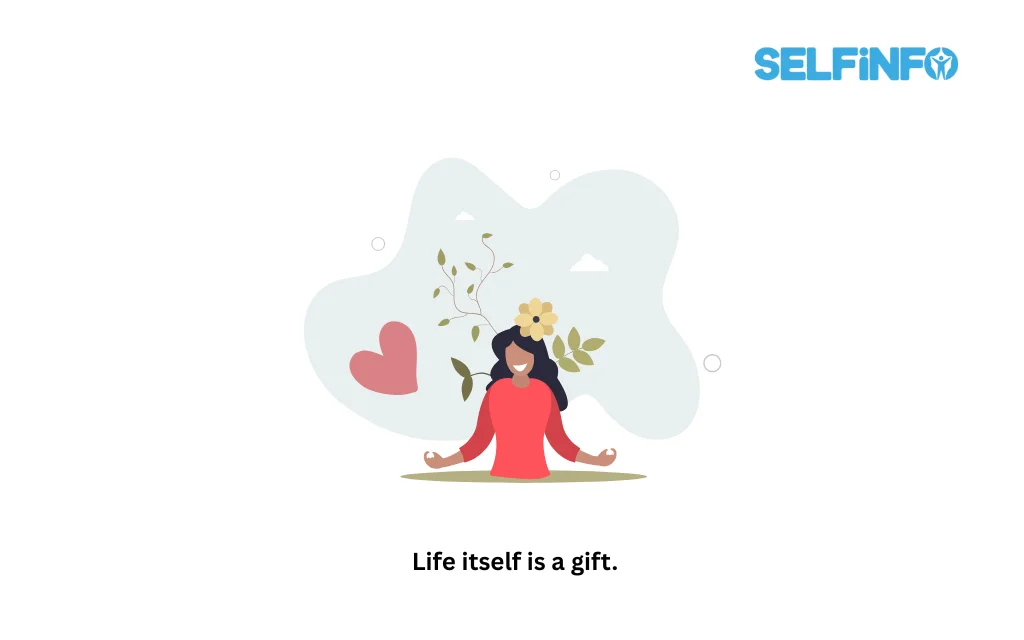
We have many teachers in our environment, both real and virtual, who help us learn, develop, and keep changing into the individuals we want to be.
We are able to easily enjoy life’s many simple pleasures since most, if not all, of our basic requirements are addressed.
Even if we might not have everything or the same things as others, we all have a wealth of possibilities, people, and things to value and enjoy.
There is no assurance that the moments that follow will resemble this one, and this moment will never occur again. Even when things are not perfect, knowing this somehow makes the moment more valuable.
This leads us to our last conviction: life is a gift.
Although life is not always smooth or joyful, it is an incredible journey that would not be without its ups and downs. That is what I think, anyway, and I am thankful for that.
What do you think?
